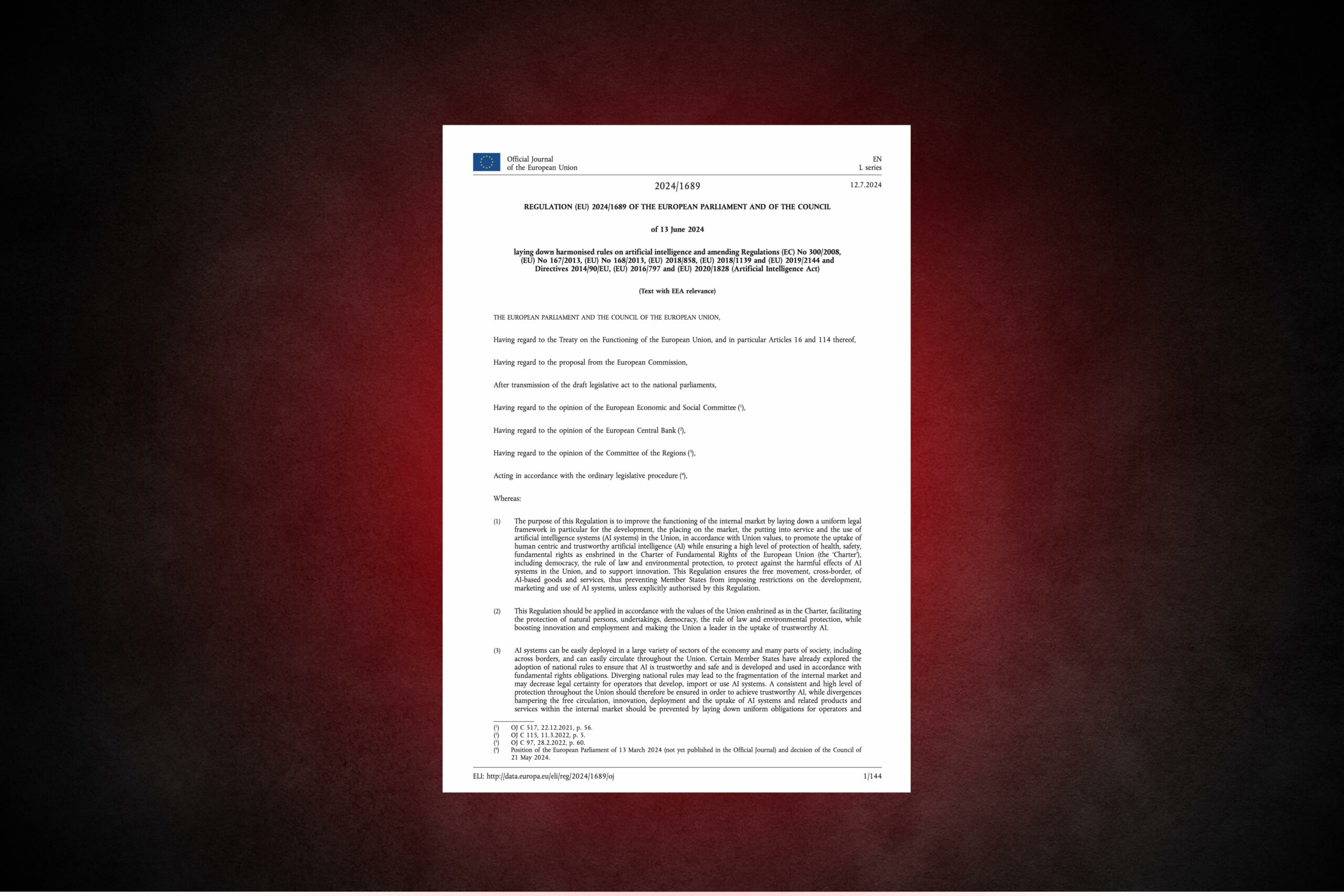Here’s the second video of the short miniseries dealing with my most recent article, “Antitrust Without Romance” (to be downloaded over here).
In this paper, I have studied the extent to which populism thrives within antitrust, and to this end, I have analyzed all of the speeches given by the EU commissioner for competition, the three previous ones, but also, the DG COMP Director-General and the five current FTC commissioners.
I first had a look at the keywords generally used in populist discourses, opposing the people with the elite. I then did the same for keywords encapsulating moralism (bad vs. good; right vs. the wrong…) and I have analyzed the context of these occurrences.
The results are unequivocal.
Regarding the actual EU commissioner, she mentions “the people” in 91% of all of her speeches, and uses the pronoun “us” (as the people) in 85% of them as well as the pronoun “them” (as companies) in 81%. I then find numerous mentions to what is morally wrong, bad or decent, but also, references to political and moral objectives. I even found an analogy between tech companies and death threats. Johannes Laitenberger speeches are pretty similar. They contrast with the three previous commissioners who did (almost) none of that.
As for the five FTC commissioners, they are generally much less populist and moralist. They do not oppose the elite with the people, they refer to companies using the pronoun “we” and make few references to moralist concepts. Only one of them plays on the “us vs them,” and reaches moral conclusions that “reasonable minds” and “reasonable persons” must reach. And because several think tanks and academics are pushing for more populism/moralist in the US, one may therefore expect an intensification of antitrust law moralization.
For more analyses and numbers, I refer you to the paper.
Download “Antitrust Without Romance” over here.








